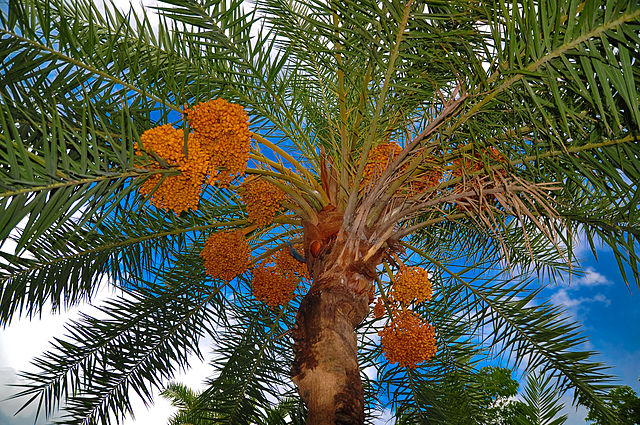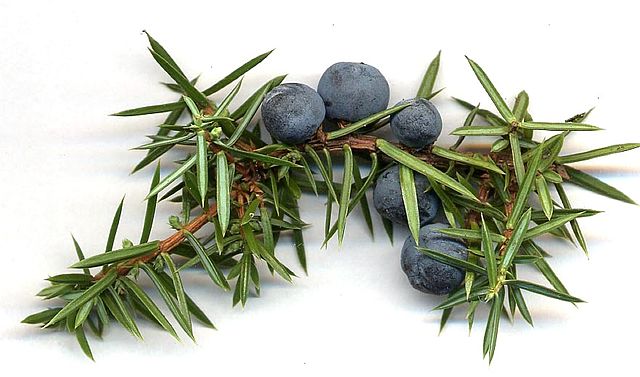Date: Fri 27 Nov 2020
Matching Commentaries:
Commentary for Bern Riddle 17: De cribro
Original text:
Patulo sum semper ore nec labia iungo.
Incitor ad cursum frequenti verbere tactus.
Exta mihi nulla; manu si forte ponantur,
Quassa mitto currens, minuto vulnere ruptus,
Meliora cunctis, mihi nam vilia servans;
Vacuumque bonis inanem cuncti relinquunt.
Translation:
My mouth is always open and my lips are never sealed.
I am urged on my course by a well-used whip.
I have no insides. If they are placed by hand,
I, moving and broken by tiny wounds, will send them out, shaken,
keeping the worst for me and the best for all;
everyone abandons the hollow and empty one for the good things.
Click to show riddle solution?
Sieve
Notes: This edition is based on Karl Strecker, ed., Poetae Latini aevi Carolini, Vol. 4.2 (Berlin, MGH/Weidmann, 1923), page 743.
A list of variant readings can be found in Fr. Glorie, ed., Variae collectiones aenigmatum Merovingicae aetatis, Corpus Christianorum, Series Latina 133A (Turnhout: Brepols, 1968), page 563.
Tags:
latin
Bern Riddles




Commentary for Bern Riddle 13: De vite
NEVILLEMOGFORD
Date: Thu 21 Jan 2021Matching Riddle: Bern Riddle 13: De vite
Just like the previous riddle on the cereal grain, Riddle 13 is a tiny epic. And it continues the theme of depicting the harvesting of crops as an act of extreme violence and revenge, but this time the topic is viticulture and winemaking.
In ancient Rome, wine was ubiquitous, it was drunk by all social classes and it had a unique place in Roman culture. Expensive wines were served at aristocratic banquets, soldiers received a daily ration of posca (a mixture of souring wine and water), and wealthy politicians would often distribute mulsum (“sweetened wine”) to curry favour with the plebeians. Wine was also a popular offering to many deities, and it was considered to have important medicinal properties. There is little evidence that the turmoil of the 5th and 6th centuries involved the destruction of viticulture, although the general decline in long-distance trade and the decline of urban populations in this period certainly gave wine production a more restricted and local character (Unwin, pages 122-4). In fact, when Paul the Deacon described the Goths’ conquest of Italy in his History of the Lombards, he claimed that they came because they liked the wine so much (Paul the Deacon, page 78).
The importance of wine in the Christian celebration of the Eucharist reinvigorated Italian viticulture, and early medieval subsistence viticulture began to be bolstered by new, monastically run vineyards. In southern Europe, wine remained the drink of all ranks of society. In the north, on the other hand, wine was largely the drink of the aristocratic and religious elites. Nevertheless, the techniques of winemaking were known in pre-Conquest England, and several vineyards operated in southern England during the 10th and 11th centuries (Unwin, pages 135-6). This is important for our understanding of the Bern Riddles, since it means that we cannot take the riddle as definite evidence that Bern was written in southern Europe.
The riddle begins by alluding to the vine’s hospitality in producing grapes, by imagining it as a custom of offering food and drink to outsiders. Yet this kindness is not returned, since the weeping vine (“the mother”) is pruned to remove the bunches of grapes (“the children”). Even worse, the new-born children are simili damnandos nece (“condemned to a similar death”). Thus, the uncontroversial act of grape harvest is transformed into a horrific tale of mutilation and infanticide.
However, as with the previous riddle, there is a twist in the last two lines. In this case, the parent’s death is avenged by the dead children. Whereas in Riddle 12 the story of the resurrected grain hinted at the Resurrection of Christ, Riddle 13’s vengeful zombie children seems to have echoes of the revenants and ghosts that were so popular in medieval folklore. When they take their revenge in the final line, blood is spilt, but it is theirs—the blood refers either to the process of squeezing and pressing the wine or to the messy drinking of the wine, and the revenge is the inebriating effect of the alcohol on humans. Thus, the children versant (“whirl about” or perhaps “pervert”) the walk of those who are literally stumbling and falling about. If there is a moral to this riddle-story, it is “watch out when you drink wine, or you might suffer the wrath of grapes.”
References and Suggested Reading:
Caciola, Nancy Mandeville. “Revenants, Resurrection, and Burnt Sacrifice.” Preternature: Critical and Historical Studies on the Preternatural. Volume 3 (2014). Pages 311–338.
Klein, Thomas. “Pater Occultus: The Latin Bern Riddles and Their Place in Early Medieval Riddling.” Neophilologus 103 (2019), pages 339-417.
Paul the Deacon. History of the Lombards. Edited by Edward Peters, translated by William Dudley Foulke. Philadelphia: University of Pennsylvania Press, 1974.
Unwin, Tim. Wine and the Vine: An Historical Geography of Viticulture and the Wine Trade. London: Routledge, 1991. Pages 47-177.
Tags: latin Bern Riddles
Related Posts:
Bern Riddle 12: De grano